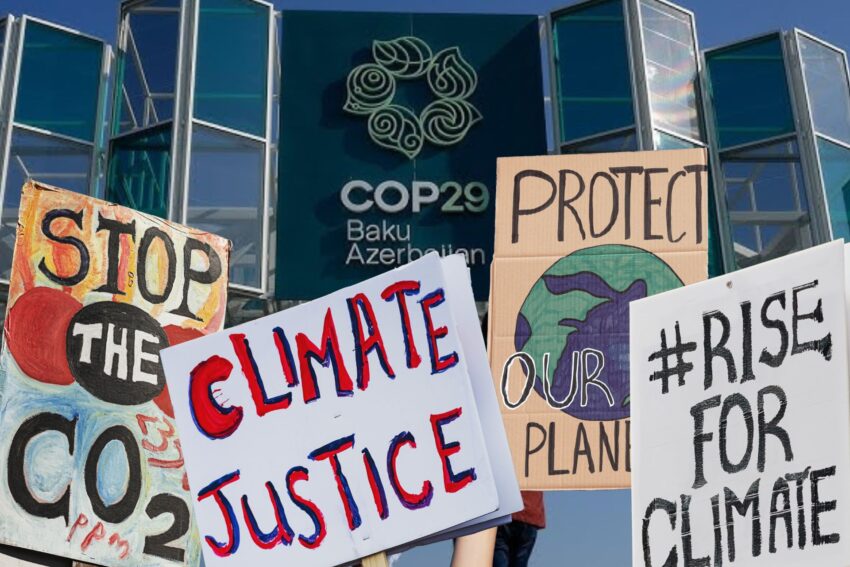COP29, held in Baku, Azerbaijan, has once again brought to light the geopolitical maneuvers often cloaked under the banner of environmental stewardship. Critics argue that these global climate summits, while ostensibly aimed at saving the planet, serve as platforms for world governments to consolidate power and influence over national policies. The discourse around climate action increasingly hints at the potential for governments imposing stringent controls on personal freedoms and economic activities under the pretext of environmental protection.
In recent years, the term “climate lockdowns” has begun to surface in discussions about combating climate change, drawing parallels with the lockdowns experienced during the COVID-19 pandemic. This concept, while still speculative, raises profound questions about freedom, control, and the future of environmental policy. Many are afraid that the real agenda might not just be about combating climate change but also about enhancing governmental control over daily life, all while sidelining the voices of those most affected by these policies.
“Climate lockdown” measures could see restrictions on travel, industry operations, and even personal carbon footprints. Government could start limiting or banning non-essential travel, particularly short-haul flights and personal vehicle use. There could also be rationing of goods with high carbon footprints, like meat, dairy, or new clothing. Governments may also start shutting down industries that emit high levels of greenhouse gases, which should raise the alarm for farmers who have consistently seen themselves blamed for causing climate change. Another possibility involves limits on energy use, possibly through smart meters that control or cut off power after a certain threshold.
The global response to COVID-19 demonstrated that people can adapt to severe restrictions on daily life for perceived greater good or under emergency conditions. Nations can enforce widespread, centralized control with minimal resistance when framed as necessary for survival. Digital tools for tracking movements, health, and social interactions became normalized, which could be repurposed for monitoring environmental compliance.
This comparison also brings to light how disruptive “lockdowns” can be. The COVID-19lockdowns caused significant economic distress, highlighting the potential for similar impacts from climate restrictions. There was also the social disruption, as isolation and mental health issues from COVID lockdowns demonstrated severe social costs to prolonged restrictions.
This cloud all be leading to a very dystopian future. Climate lockdowns could lead to an unprecedented level of government oversight into personal lives, from what people eat to how they travel or even how much energy they consume at home. Such measures might disproportionately affect lower-income families, where alternatives to high-carbon lifestyle choices are less accessible or affordable. The need to enforce these lockdowns could justify an expansion of surveillance technologies, potentially leading to a society where privacy is significantly eroded in the name of environmental preservation. Countries might implement these measures unevenly, leading to international tensions where some nations continue high-emission activities while others sacrifice for the planet. Limiting meat consumption or other dietary restrictions could give governments control over food supply, reminiscent of historical crises like the Holodomor.
The concept of climate lockdowns opens a Pandora’s box of potential issues that blend the boundaries between environmental stewardship and authoritarian control. The COVID-19 lockdowns provided a blueprint on how quickly societies can adapt to stringent controls, but they also serve as a cautionary tale about the long-term societal impacts of such measures. The path to a fruitful future should not be paved with the chains of a dystopian reality but with the cooperative spirit of humanity. We need innovation, education, and international cooperation, not just mandates that could lead to a chilling future where the term “lockdown” becomes synonymous with environmental policy. Let’s aim for a future where caring for the environment is not at odds with the need to live freely.


